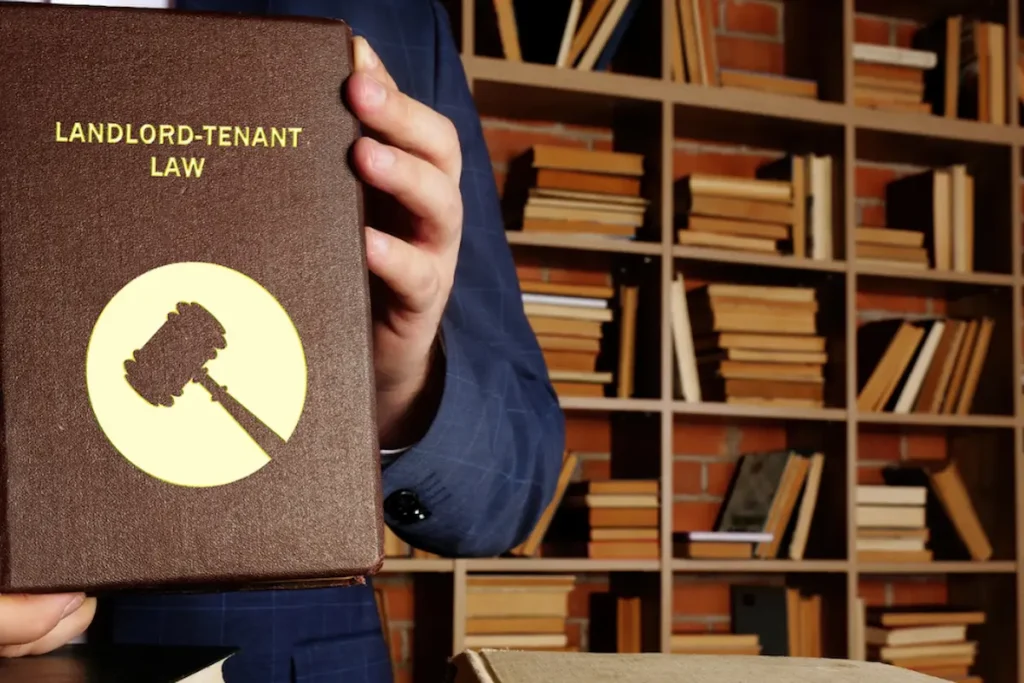Issaquah, a charming city nestled in the foothills of the Cascade Mountains, is known for its vibrant community and scenic beauty. When it comes to rental regulations, Issaquah strikes a balance between supporting tenant stability and maintaining landlord flexibility. While the city follows Washington State’s landlord-tenant laws, it has implemented additional rules to ensure fair housing practices and protect renters from discrimination.
In this guide, we’ll explore Issaquah’s key landlord obligations, tenant protections, and how these regulations impact both parties. Whether you’re a landlord or a tenant, this information will help you navigate Issaquah’s rental landscape with confidence.
Key Landlord Obligations in Issaquah
Issaquah’s rental laws emphasize fairness and responsibility for landlords. Here are the primary obligations:
Notice for Rent Increases
- 90-Day Notice Requirement: Landlords must provide tenants with a 90-day notice for any rent increase. This is more stringent than Washington State’s 60-day notice requirement and gives tenants additional time to plan for changes in their housing costs.
Evictions
- Just Cause Guidelines: Landlords must have a legally valid reason to evict tenants, such as non-payment of rent, lease violations, or owner move-in.
- Proper Notice: Landlords must provide tenants with the appropriate notice period based on the reason for eviction (e.g., 14 days for non-payment of rent).
Short-Term Rental Restrictions
- Zoning Laws: Issaquah has specific zoning laws that regulate short-term rentals, such as Airbnb or vacation rentals. Landlords must ensure their properties comply with these regulations before listing them as short-term rentals.
- Permits Required: In some cases, landlords may need to obtain a permit or license to operate a short-term rental.
Tenant Protections in Issaquah
Issaquah’s tenant protections focus on fairness, stability, and preventing discrimination. Here’s what renters need to know:
Fair Housing Protections
- Strong Enforcement: Issaquah enforces Washington State’s Fair Housing Act, which prohibits discrimination based on race, color, religion, sex, national origin, disability, familial status, and other protected classes.
- Additional Protections: Issaquah encourages landlords to adopt inclusive practices and avoid any form of bias in tenant screening and leasing processes.
Late Fee Limits
- Reasonable Fees: Late fees must be reasonable and clearly stated in the lease agreement. Excessive or punitive late fees are not allowed.
- Transparency: Landlords must provide tenants with a clear explanation of late fee policies, including the amount and when they will be charged.
How Issaquah’s Laws Differ from State Laws
While Issaquah largely follows Washington State’s landlord-tenant laws, there are a few key differences:
- Rent Increase Notices: State law requires a 60-day notice for rent increases, but Issaquah mandates a 90-day notice.
- Short-Term Rental Regulations: Issaquah has specific zoning laws and permit requirements for short-term rentals, which are not addressed in state law.
- Late Fee Limits: Issaquah emphasizes that late fees must be reasonable and clearly stated in the lease, though this is also a best practice under state law.
Tips for Landlords to Stay Compliant
To avoid legal issues and maintain positive tenant relationships, Issaquah landlords should:
- Provide Proper Notices: Always give tenants a 90-day notice for rent increases.
- Follow Eviction Procedures: Adhere to just-cause eviction guidelines and provide proper notice to tenants.
- Comply with Short-Term Rental Laws: Ensure your property meets zoning requirements and obtain any necessary permits before listing it as a short-term rental.
- Set Reasonable Late Fees: Clearly outline late fee policies in the lease agreement and ensure they are reasonable.
Tips for Tenants to Know Their Rights
If you’re renting in Issaquah, here’s how to protect yourself:
- Understand Your Lease: Carefully review your lease agreement to understand your rights and responsibilities.
- Report Discrimination: If you believe you’ve been discriminated against, contact the Washington State Human Rights Commission or a local tenant advocacy organization.
- Know Late Fee Policies: Familiarize yourself with your lease’s late fee provisions to avoid unexpected charges.
- Document Everything: Keep records of all communications with your landlord, especially regarding rent increases or eviction notices.
Issaquah’s tenant-landlord laws strike a balance between supporting tenant stability and maintaining landlord flexibility. For landlords, understanding these regulations is essential to avoid legal disputes and maintain positive tenant relationships. For tenants, knowing your rights ensures you’re protected from unfair practices and can advocate for yourself when necessary.
Whether you’re a landlord or a tenant, staying informed about Issaquah’s rental laws is the key to a successful and stress-free rental experience. If you have questions or need further assistance, consider consulting a legal expert or reaching out to local housing authorities.
Disclaimer:
Whether you’re a landlord or a tenant, staying informed is essential for a smooth and successful rental experience in Seattle. We are not providing legal advice, and for specific legal questions or concerns, we recommend consulting an attorney or reaching out to local housing authorities for expert guidance.






